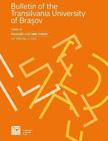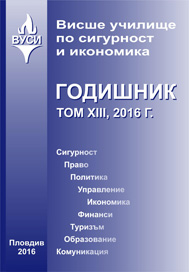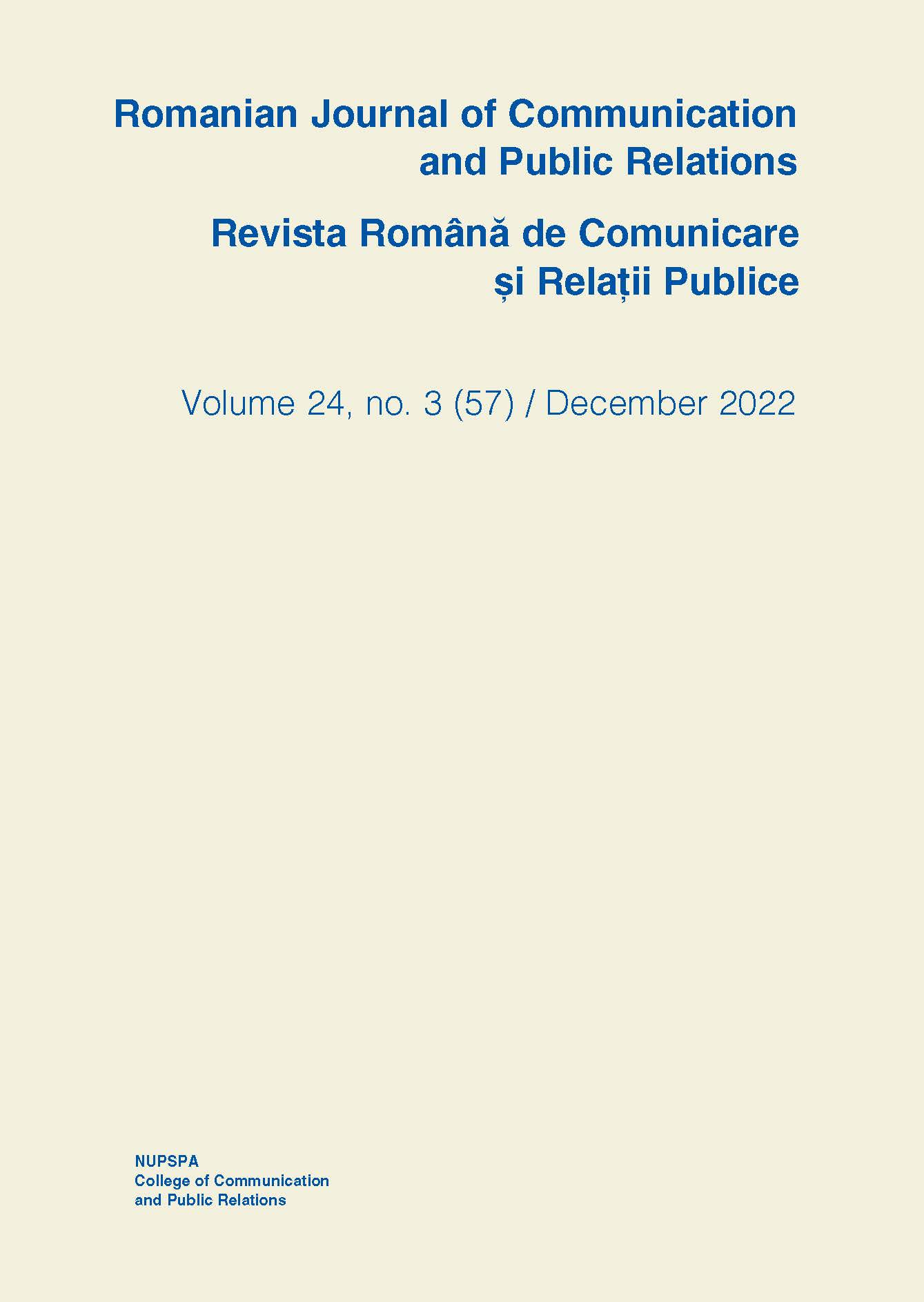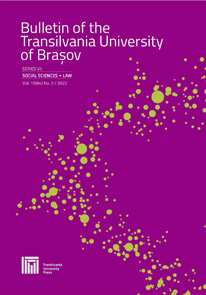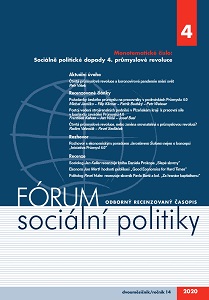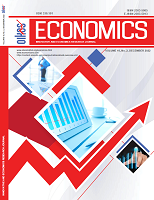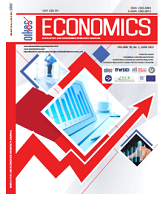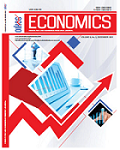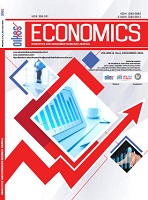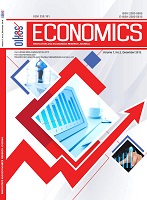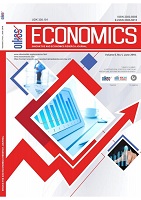
DIGITAL TECHNOLOGIES, LABOR MARKETS, AND ECONOMIC REPUTATION
Following Gandini (2016), this paper strives to prove that knowledge work hasaltered with the incorporation of digital technologies into operations of production andorganization. Influenced by the boost of electronic and social media, a digital and independentknowledge economy focused on a collective, dispersed cultural idea of reputation as usefulnessresulted. Imagining reputation as a type of value is the predominant elucidatory pattern ofknowledge work in the digital epoch. We aim to address these increasing features by elaboratingon the fact that knowledge work has altered as a consequence of the visionary assessment ofinventiveness as a slogan for cutting edge and professional development. We plan to determinethat reputation becomes a particular type of particularized social capital for knowledgeemployees. We use meta-analysis to assess evidence proving that because the social buttonsmanaging social undertakings on digital media platforms deal with and preserve an individual’sfull online activity, determining it with statistics, the reputation of a distinct employee ispublicly observable, concrete, obtainable, and possibly quantifiable. We inspected the Web ofScience and identified 240 papers covering the impact of reputation on the socio-economicinteractions in digital labor markets. We analyzed them carefully and present our conclusions,highlighting that reputation adjusts the professional market of the knowledge economy byfunctioning as a particular kind of capital or positive feature for people in a setting constitutedof networked and recently mediatized social interplay
More...
